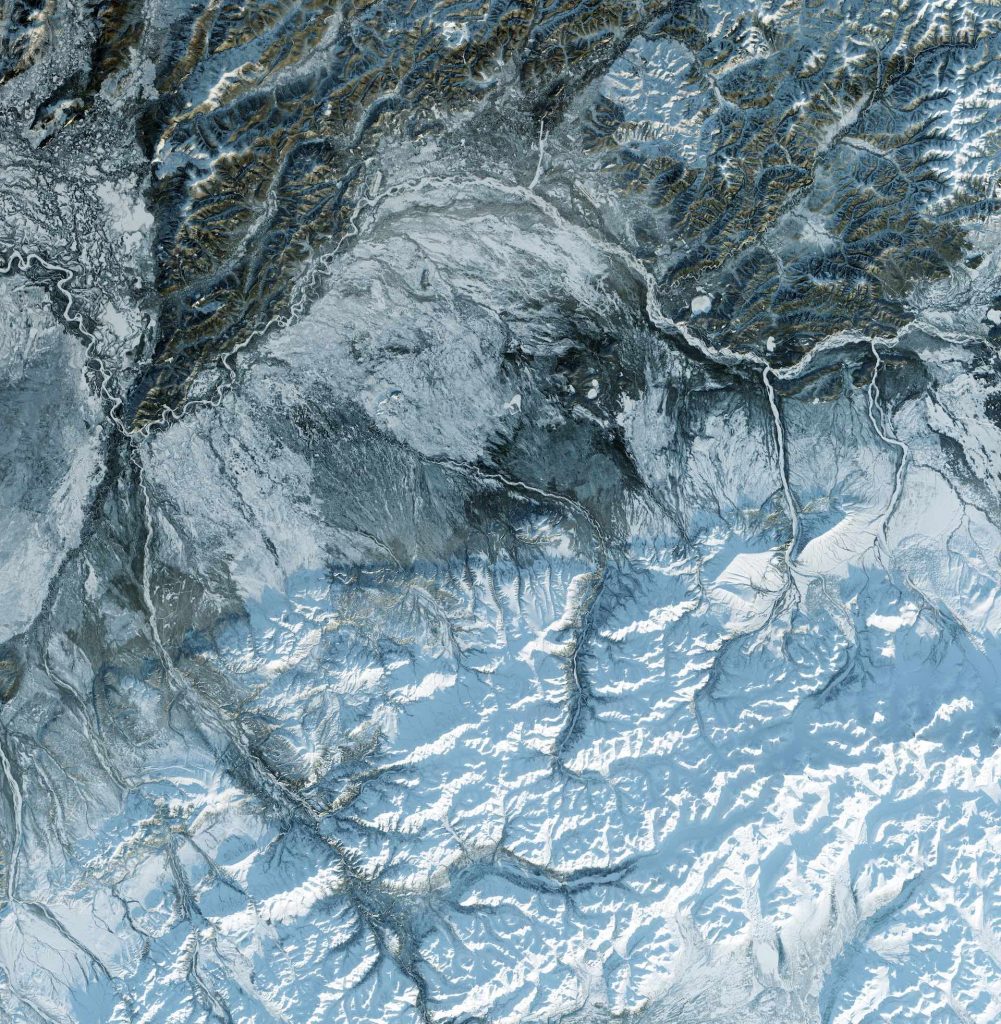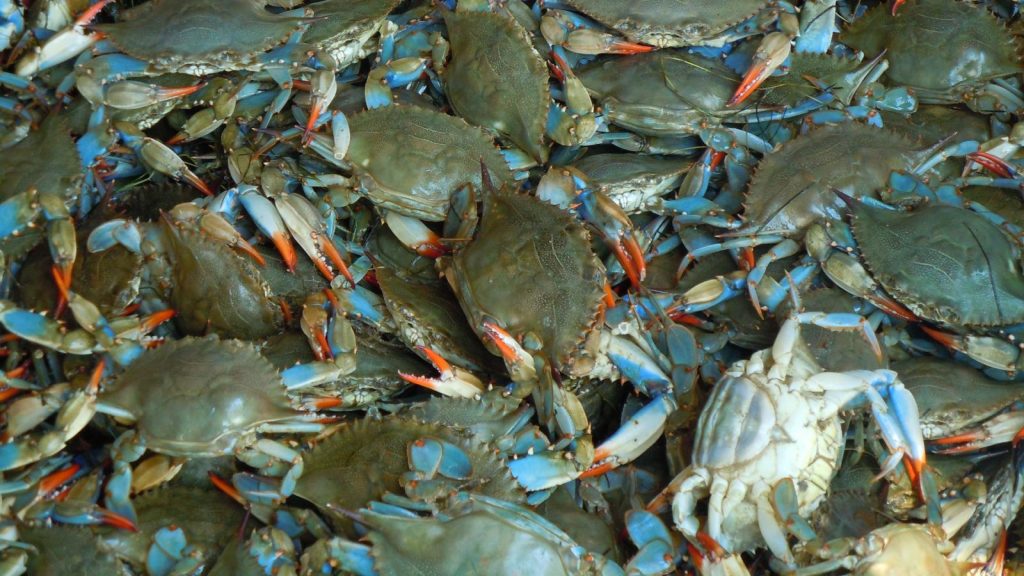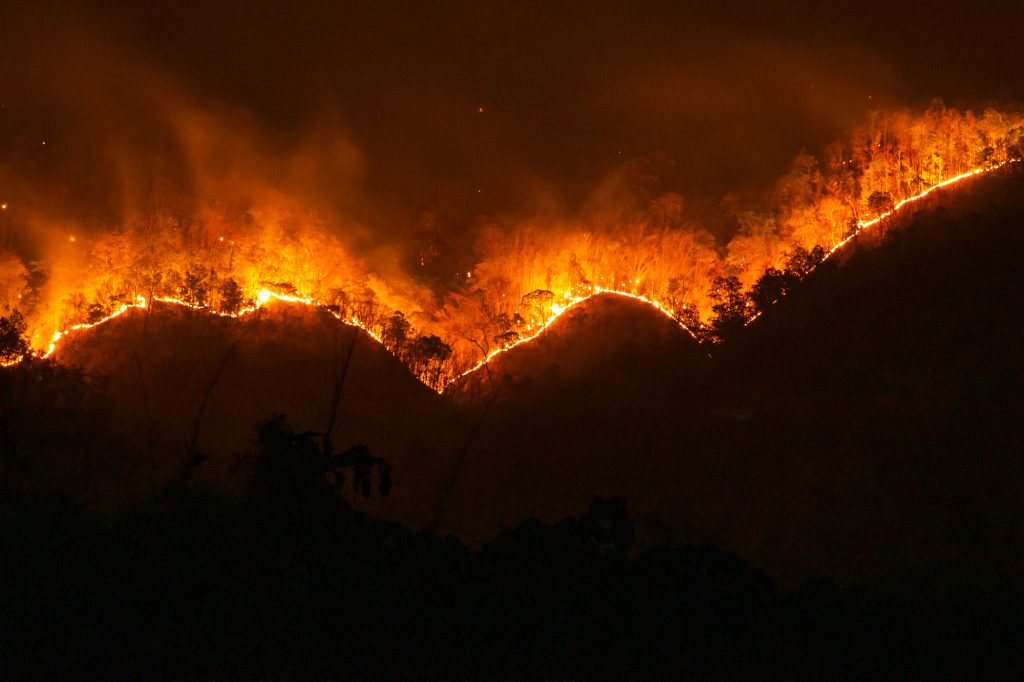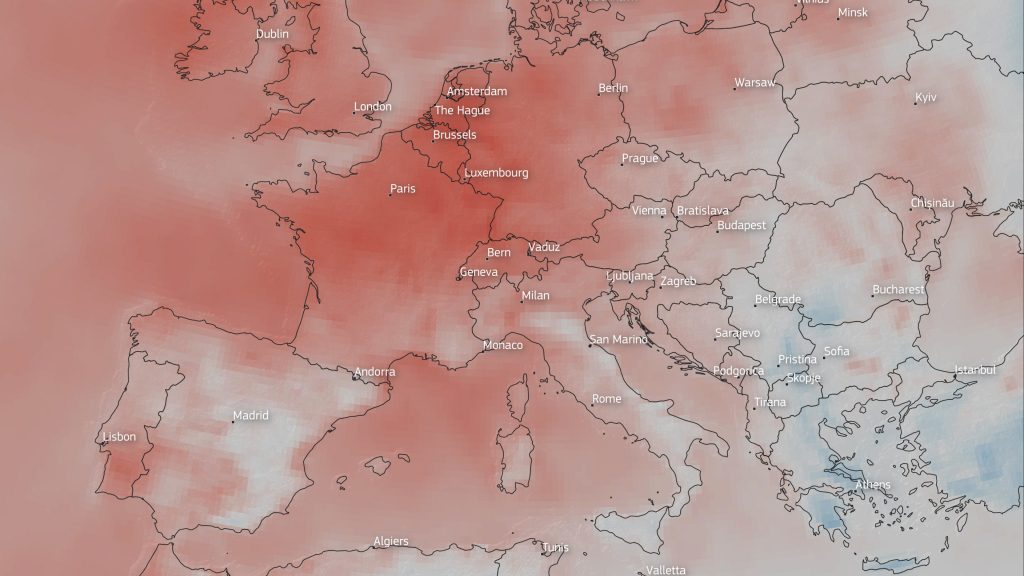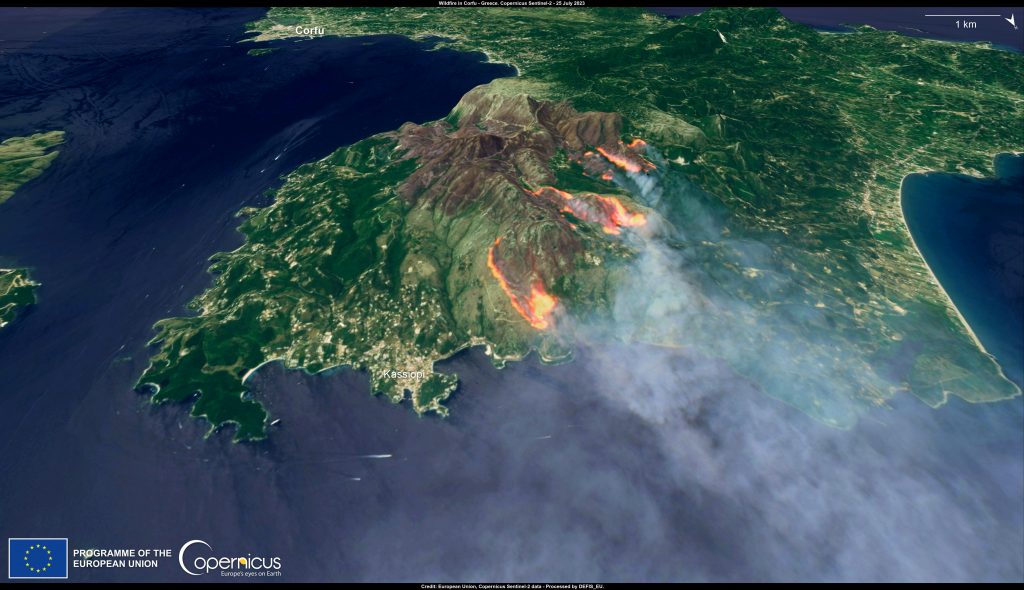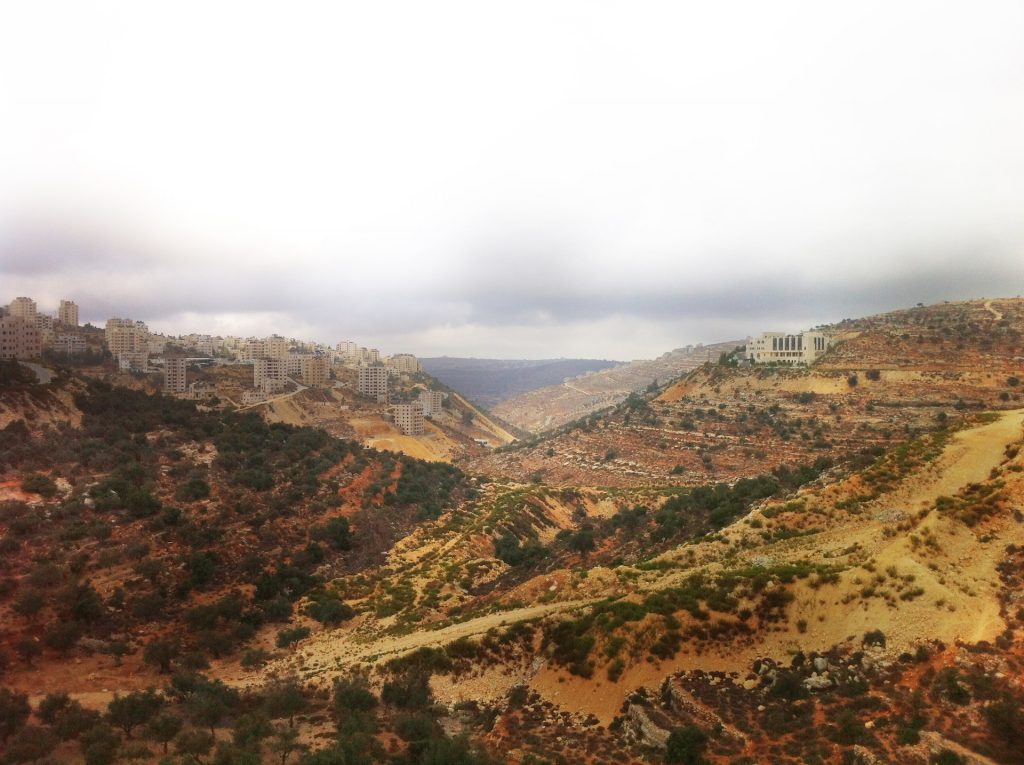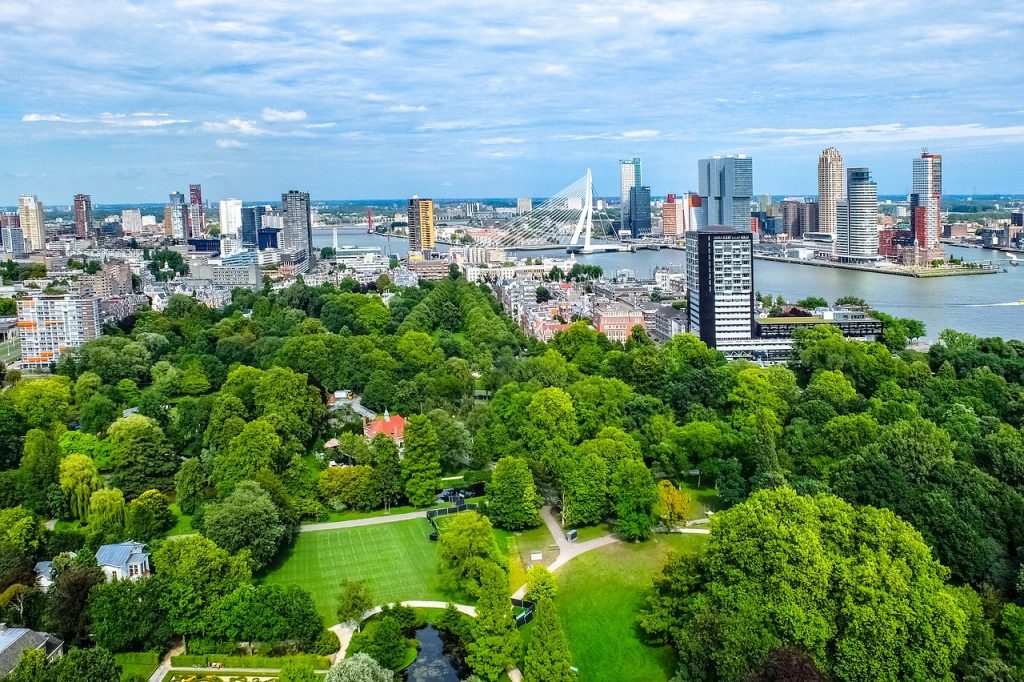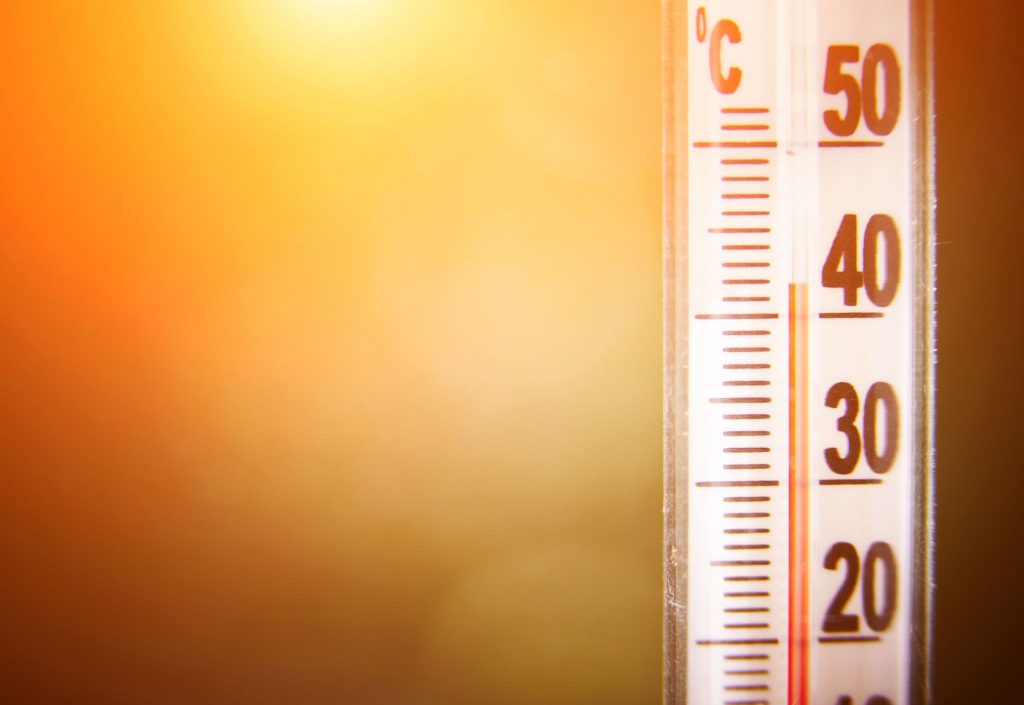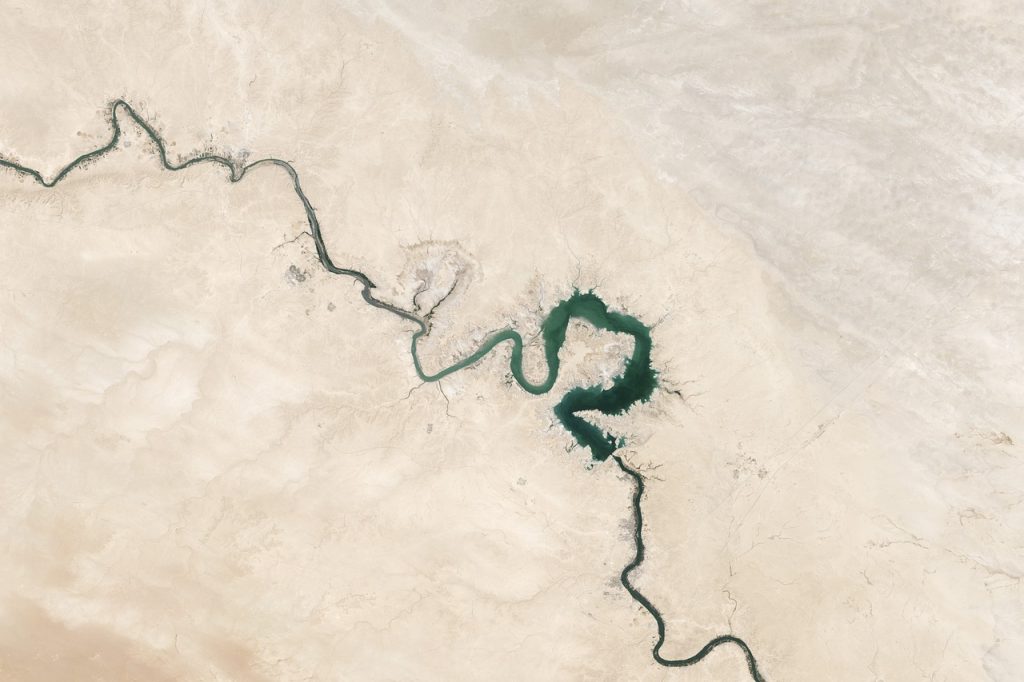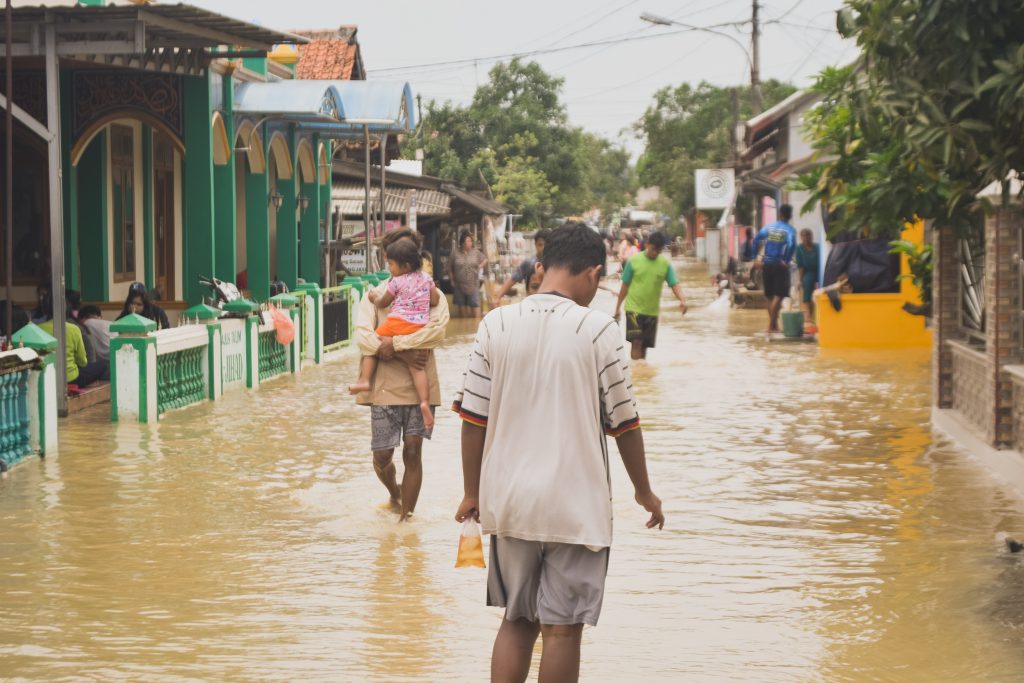
Climate and health: understanding the entanglement
Infographics, resources, and analyses to understand the way climate change and health are closely connected. The increasing frequency of extreme weather events and substantial environmental transformations, primarily driven by climate change, pose significant threats to both physical and mental well-being. These changes have far-reaching implications for safety, affecting people’s access to critical resources such as clean air, safe water, food, and healthcare.

